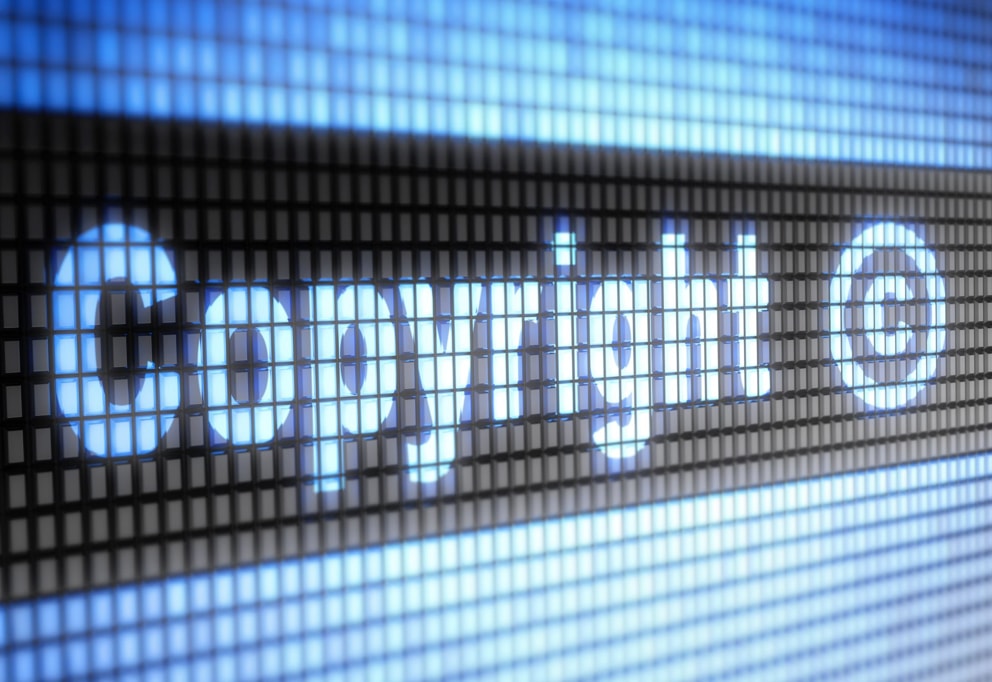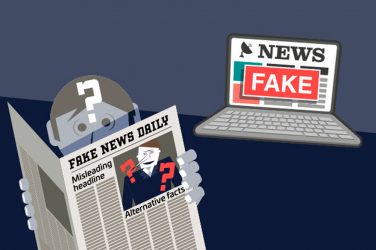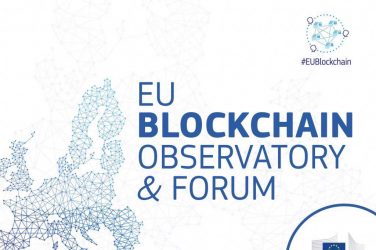the European Parliament, the Council of the EU and the Commission found a political agreement to make the copyright rules fit for digital era in Europe and bring tangible benefits to all creative sectors, the press, researchers, educators, cultural heritage institutions, and citizens.
The political agreement reached today will adapt copyright rules to today’s world, where music streaming services, video-on-demand platforms, news aggregators and user-uploaded-content platforms have become the main gateways to access creative works and press articles. The agreement needs now to be confirmed by the European Parliament and the Council of the EU in the coming weeks.
Vice-President for the Digital Single Market Andrus Ansip said: “To finally have modern copyright rules for the whole of EU is a major achievement that was long overdue. The negotiations were difficult, but what counts in the end is that we have a fair and balanced result that is fit for a digital Europe: the freedoms and rights enjoyed by internet users today will be enhanced, our creators will be better remunerated for their work, and the internet economy will have clearer rules for operating and thriving.”
Commissioner Mariya Gabriel, Commissioner for Digital Economy and Society, said: “The long awaited Copyright Directive adoption is a crucial cornerstone for our Digital Single Market. By providing a clearer legal framework fit for the digital world, it will strengthen the cultural and creative sectors, and bring added value to the European citizens.”
Better protection for European authors and performers and for journalism
The new Directive reinforces the position of European authors and performers in the digital environment and enhances high-quality journalism in the EU. In particular, it brings:
– Tangible benefits to all creative sectors, specifically creators and actors in the audio-visual and musical sectors, by reinforcing their position vis-à-vis platforms to have more control over the use of their content uploaded by users on these platforms and be remunerated for it.
– The principle of an appropriate and proportionate remuneration for authors and performers will be laid down for the first time in European copyright law.
– Authors and performers will enjoy access to transparent information on how their works and performances are exploited by their counterparts (publishers and producers). This will make it easier for them to negotiate future contracts and to receive a fairer share of the generated revenues.
– If publishers or producers fail to exploit the rights that authors and performers have transferred to them, authors and performers will be allowed to revoke their rights.
– European press publishers will enjoy a new right, which aims to facilitate the way they negotiate how their content is re-used on online platforms. It will give journalists the right to receive a greater share of the revenues generated by the online uses of press publications. This right will not affect citizens and individual users, who will continue to enjoy and share news hyperlinks as they do today.
New rules to reinforce the interests of citizens and internet users
Users will benefit from the new licencing rules which will allow them to upload copyright protected content on platforms like YouTube or Instagram legally. They will also benefit from safeguards linked to the freedom of expression when they upload videos that contain rightholders’ content, i.e. in memes or parodies. The interests of the users are preserved through effective mechanisms to swiftly contest any unjustified removal of their content by the platforms.
The new Directive will ensure wider access to knowledge by simplifying copyright rules in the areas of text and data mining for research and other purposes, education and preservation of cultural heritage:
- Research organisations, universities and other users will be able to make the most of the increasing number of publications and data available online for research or other purposes as they will benefit from a copyright exception to carry out text and data mining on large sets of data. This will also enhance the development of data analytics and artificial intelligence in Europe.
- Students and teachers will be able to use copyrighted materials in online courses, including across borders, for the purposes of illustration for teaching.
- The preservation of cultural heritage in the collections of European museums, archives and other cultural heritage institutions will have no copyright restrictions.
Users will also have access to works, films or music records that are no longer commercially available in Europe today, as well as wider variety of European audiovisual works on video-on-demand (VoD) platforms.
They will be completely free to share copies of paintings, sculptures and other works of art in the public domain with full legal certainty.
Next Steps
The agreed text must now be formally confirmed by the European Parliament and the Council.Once confirmed and published on the Official Journal of the EU, the Member States will have 24 months to transpose the new rules into their national legislation.
Background
Commission’s surveys showed in 2016 that 57% of internet users access press articles via social networks, information aggregators or search engines. 47% of these users read extracts compiled by these sites without clicking through. The same trend was observed for the music and film industry: 49% of internet users in the EU access music or audiovisual content online, 40% of those aged 15-24 watched TV online at least once a week. This trend has rocketed since then.
In September 2016, the European Commission proposed to modernise EU Copyright rules for European culture to flourish and circulate, as part of the Digital Single Market Strategy.
The EU Copyright reform is a priority file for the European Parliament, the Council of the EU and the European Commission, who have committed to adopt it by the end of this legislative mandate. It modernises EU copyright rules which date back to 2001 – an eternity in the digital age. Back then, there were no social media, no video on demand, no museums digitising their art collections and no teacher providing online courses.
Today’s agreement is a part of a broader initiative to adapt EU copyright rules to the digital age. In December 2018, EU co-legislators agreed on new rules to make it easier for European broadcasters to make certain programmes available on their live TV or catch-up services online. And since 1 April 2018, Europeans who buy or subscribe to films, sports broadcasts, music, e-books and games in their home Member State are able to access this content when they travel or stay temporarily in another EU country.












Show Comments